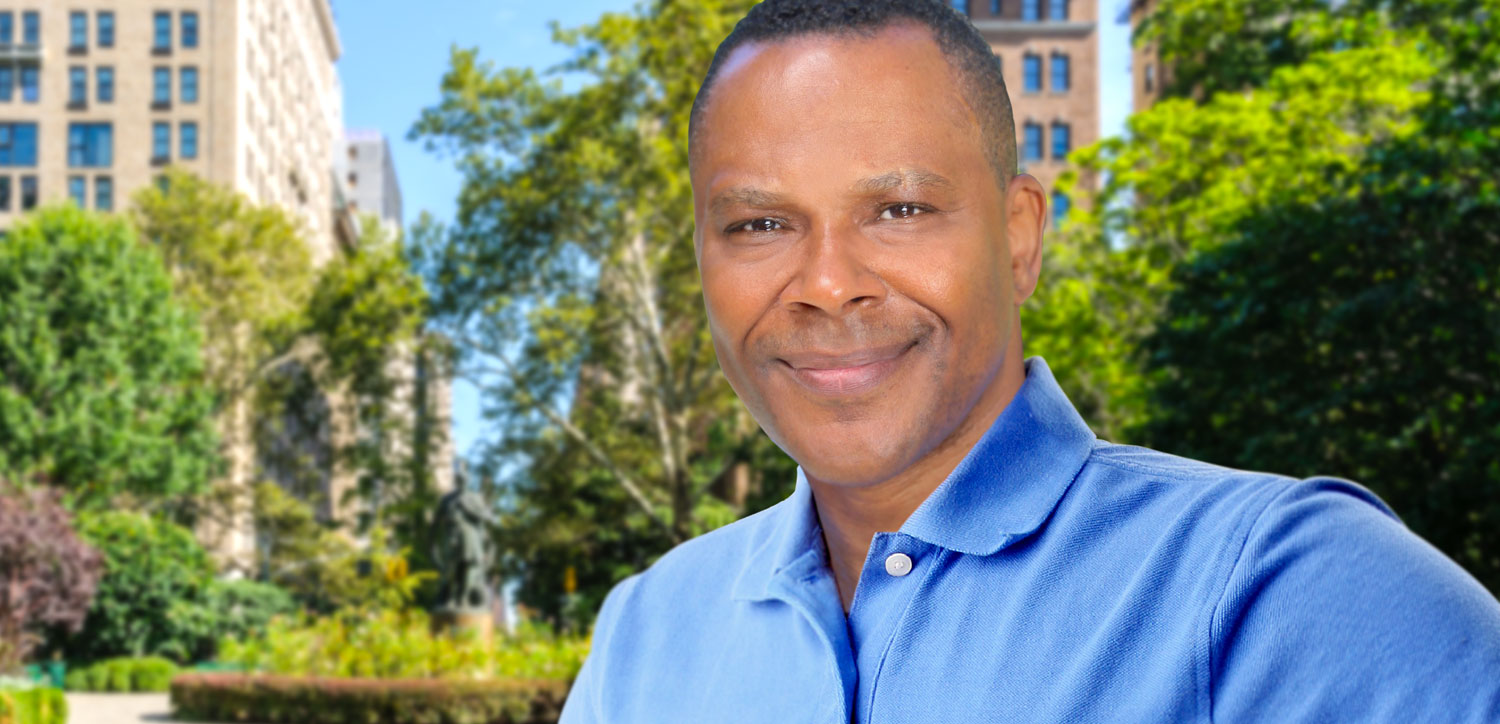Dr.Tony Mariot is the executive consultant for the Research Department of Biblical Antiquities for Oxford University. Born and raised in Los Angeles, Dr. Mariot holds a Bachelor of Science in Business from National University and a Master of Theology from the University of Oxford, St. Peter’s College. After completing his Masters, Dr.
Mariot spent 12 years in the US Navy before completing his Doctorate of Philosophy in Theology from the University of Oxford at Christ Church in 2009.
Dr. Tony Mariot focuses his research primarily on the concept of the apocalypse, often referred to as the end of the world. In addition to his research at Oxford, Dr. Tony Mariot also writes for several online publications including Quora, Medium, LinkedIn, and more. Dr. Mariot has also written several books about what the truth behind religious dogma including Behind the Faith Revelation, Behind the Faith Advanced Citizenship, and According to the Word.
1. What do you love most about the industry you are in?
I love being able to spend time researching the religions that have helped to shape the cultures of the world. The Abrahamic religions alone have over 3.8 billion followers around the world and their histories all intertwine around the same region of the world at the same time. This shared history between many of the most historic religions that all have differing takes on what occurred during that period excites me as I attempt to find out more information about what happened and not just what religions say happened.
2. What does a typical day consist of for you?
My days start when I look at the list of articles that I have been requested to write from which I choose my topics for the day. Sometimes I make this decision based on my personal interests and other times based on the importance of the request. After I have chosen my topics, I spend the day researching in the archives at the antiquity department to gather as much information as possible prior to writing.
3. What keeps you motivated?
What keeps me motivated is probably very similar to most researchers, the thought of learning something new. While I focus a lot on biblical antiquities, there is always more to discover and new ways of looking at old information. Anything new that we learn can immediately change our knowledge and assumptions about other parts of history and improve our understanding of our cultural past.
4. What suggestions do you have for someone starting in your industry?
My suggestion for someone wanting to enter the
industry of research is to know that you are certain that it is the job for
you. Research is not a role where you become famous,
the reward is the knowledge that you gain from the work. While it can be tempting to take a shortcut in research because of deadlines, all it does it reduce the quality of your work. Patience is a virtue and patience helps to improve the quality of your writing. The goal of any researcher is for their work to withstand the scrutiny that comes with both criticism and time. Like artists, research can be relevant for hundreds of years after your death. The lessons you gain from the journey in research are more important than the destination.
5. What has been the hardest obstacle you’ve overcome?
The hardest obstacle I overcome is one that occurs on a regular basis and that is the requirements of the publications I write for. It requires me to often change the style of my writing for different publications as they all have different requirements for being
neutral in tone.
6. What’s one piece of advice you would give to others?
One piece of advice that I would give others is that whenever you are writing or creating content, work to ensure that your personal views and bias do not affect the facts being presented. Although you might have a passionate opinion on the subject, it is better for people to come to their own conclusions than have your opinions thrust on them.
7. What is the biggest life lesson you have learned?
The biggest life lesson I have learned is that no matter what I write, the topics that I cover are naturally controversial and inevitably some people will get upset. It has been important for me to learn to understand the difference of opinions between myself and others but that ultimately those differences should not impact or change my writing.
8. Outside of work, what defines you as a person?
Outside of work, I enjoy saltwater aquariums and playing video games. My pastimes give me a much-needed break from the continual research and writing that fills my work life. Despite that, I do enjoy reading science fiction as reading has always been a lifelong passion of mine.
9. What trends in your industry excite you?
One trend that excites me is that people are becoming interested in the idea of the end of the world. With movies and television series that focus on world ending events such as “Avengers: Infinity War” and “The Walking Dead”, as well as the hype surrounding
December 21,
2012 which was the end of a millennia long cycle in the Mesoamerican Long Count
Calendar. Because of films like these, the conversations about biblical
antiquity and the apocalypse have moved into the mainstream which means the papers that I write are likely read by more people.
10. Explain the proudest day of your professional life.
My proudest moment in my professional life was getting a particular article published. The topic was on the existence of giants and the stories involving them. My article led to a lawsuit against the Smithsonian which uncovered the fact that there had been knowledge of giants’ bones since the early 20th century that matched Biblical records.


